Sneakers have become a staple in modern wardrobes, offering both style and comfort for any occasion. With countless brands competing in the market, discerning consumers seek those that merge quality, design, and innovation seamlessly. From the classic appeal of Nike and Adidas to the luxury offerings of Balenciaga and Gucci, each brand offers its unique take on this footwear essential. Below, we invite you to explore a curated list of the best sneaker brands that define this dynamic fashion category.
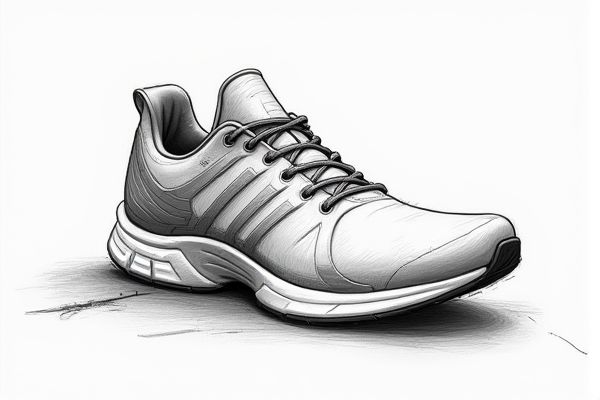
Illustration of sneaker
Best brands of sneaker in 2025
Nike
Nike is one of the leading producers of sneakers, holding a significant 38.5% market share in the sneaker department and 30% in athletic footwear as of 2023. The company has seen a remarkable 67.6% increase in its athletic footwear market share since 2011, producing over 800 million pairs of shoes annually, with 50% of its production coming from Vietnam and 27% from Indonesia. From 2017 to 2022, Nike's footwear segment accounted for approximately 64.5% of its total company revenue. The brand dominates the basketball shoe market with an impressive 86% share as of 2019 and boasts a strong global presence, with 60% of its footwear revenue originating from international markets. Nike's proactive supply chain management, involving outsourcing and diversification, has been crucial to its success. For further insights into Nike's achievements and strategies, explore Nike Shoes Statistics.
Adidas
Adidas is one of the leading producers of sneakers, holding an 18.4% share in the worldwide sneaker market as of 2022, with revenues of $13.4 billion. The brand dominates the athletic footwear market, capturing a 15.10% market share in 2020 and 18.11% in 2019. Adidas' footwear segment accounts for over 55% of its net sales, driven by innovative and iconic franchises like UltraBoost, Predator, and Nite Jogger. The brand's strong global presence is evident in its significant revenue contributions from regions such as North America, Asia-Pacific, and EMEA. With a focus on sustainability and innovation, Adidas continues to be a major player in the sneaker industry. For more detailed Adidas market statistics, visit the Adidas Statistics page.
Puma
PUMA is a prominent player in the sneaker industry, having achieved significant growth in recent years. In 2022, PUMA's footwear revenue reached $4.6 billion, marking a 28.8% year-on-year growth from 2021. The brand holds a 1.2% share of the global footwear market and a 5.1% share in the sneaker segment. In the United States, PUMA captures 4% of the athletic shoe market, and it is the fourth most popular basketball shoe brand in the NBA, with a 3.4% average share over the past five seasons. PUMA's strong market presence is further underscored by its 92% brand awareness among US shoppers. For more insights, explore PUMA shoes statistics.
New Balance
New Balance has established itself as a leading player in the athletic footwear industry, reporting over $5 billion in revenue in 2022 with a 21% growth from the previous year. The brand has seen significant favorability, with 42% of U.S. adults expressing a positive view, and it has consistently ranked ahead of Nike since March 2023. Gen Z adults have shown particular interest, with favorability jumping from 34% in September 2022 to 52% in September 2023. New Balance holds a 7.3% share of the global sneaker market and is projected to continue growing, aiming to double its revenue to $10 billion in the coming years. The brand's strong market presence is also reflected in its 27% usage share among U.S. sneaker owners. Further insights into New Balance's market performance and consumer appeal can be found in this Brand to Watch analysis.
Reebok
Reebok, once a leading sneaker brand with a 10% global market share in 2006, has faced significant declines since its acquisition by Adidas. Despite this, Reebok has shown recent signs of recovery, posting a 3% sales growth in 2022 after a 4% decline the previous year, driven by its classics division and retro sneaker releases. The brand has also invested in digital marketing and product improvements, including the launch of its first-ever loyalty program. However, Reebok's current market share has dwindled to around 1%, a stark contrast to its former prominence. Efforts to revamp its product assortment and enhance consumer engagement are ongoing. For further insights, you can explore how Adidas revives Reebok's sales following strategic marketing and product investments.
Under Armour
Under Armour has emerged as a significant player in the sneaker market, surpassing Adidas in combined apparel and footwear sales to become the second-largest sports brand in the U.S. by the end of August 2024, with $1.2 billion in U.S. sales. The company's apparel sales account for 14% of the U.S. market, more than twice that of Adidas, and its footwear sales have seen a 40% year-over-year jump driven by endorsements like NBA star Stephen Curry. Under Armour's ecommerce sales grew 40% in 2020, helping mitigate the impact of store closures during the pandemic. The company's strategic investments in mega-athletes and its growing international presence, including expansions into Brazil and China, have contributed to its strong growth. Under Armour now holds a 9% market share in the athletic footwear industry. You can find more information about their achievements and expansions on their official website.
Converse
Converse, a renowned sneaker brand owned by Nike, has maintained its popularity in the footwear sector since its inception in 1908. In the year ended May 31, 2024, Converse generated approximately $2 billion in global revenue, although this was lower than in previous years. Despite this, Converse remains a significant player, holding a 4% market share in the global sneaker market and operating around 80 stores in the United States. The brand is known for its iconic "All Star" sneakers, which have become a staple in the industry. Converse continues to be a favorite among consumers from diverse backgrounds. For more detailed statistics, visit Nike's non-Nike brands sales data.
Vans
Vans is a prominent player in the sneaker industry, recognized by 86% of sneaker owners in the United States, with a brand popularity score of 33% among the sneaker audience. The brand, founded in 1966 by Paul and Jim Van Doren, has a strong presence, especially among younger generations like Gen Z, where 90% recognize the brand and 39% own a pair. Vans holds a 7% market share in the global sneaker market as of 2022 and achieved $1 billion in annual global sales for the first time in 2006. The brand is known for its iconic designs such as the Authentic, Era, and Old Skool, and has been a leader in action sports footwear. Vans continues to innovate with technologies like the UltraCush Lite and WAFFLECUP™. To learn more about their journey and innovations, visit the Vans company page.
Asics
ASICS is a prominent athletic footwear brand, holding a global market share of 8.1% and ranking as the fourth-largest athletic footwear brand worldwide. In the performance running footwear segment, ASICS maintains a significant presence with a 9.9% global market share as of 2019 and a 13.3% market share in the running shoe market as of January 2020. In the U.S., ASICS accounts for approximately 6% of the athletic footwear market share. The brand is known for its high-performance products, such as the Gel-1130 and Gel-Kayano 14, which have driven its 600% year-over-year growth on the resale platform StockX in the first half of 2024. ASICS' commitment to innovation and customer-centric product experiences has solidified its position as a leading sneaker brand. You can explore more about their evolution and achievements on the ASICS founder story and history page.
Saucony
Saucony is a renowned brand in the athletic footwear industry, particularly known for its high-quality running shoes. With a brand awareness of 40% among sneaker owners in the United States, Saucony is owned by 5% of these owners, indicating a loyal customer base where 60% of its owners are likely to purchase Saucony again. Founded in 1898, Saucony has over a century of experience in producing innovative and comfortable footwear, including popular series like Endorphin, Guide, and Triumph. The brand's products, such as the Endorphin Edge, feature advanced technologies like PWRRUN PB foam and Carbitex carbon fiber plates, enhancing performance and comfort. Despite recent sales declines, Saucony has seen strong double-digit growth from new product introductions in 2024.










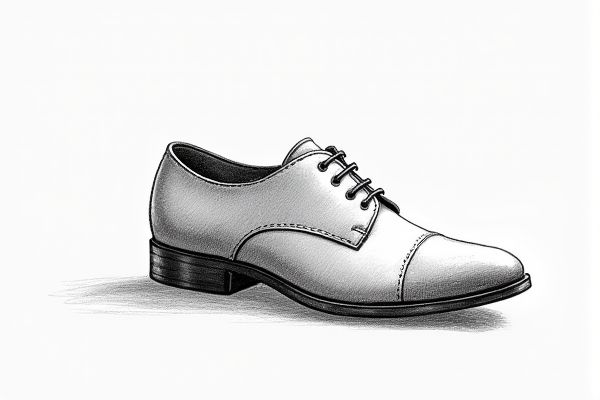
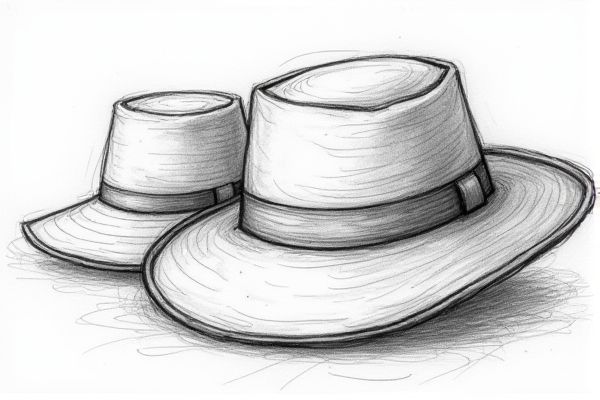
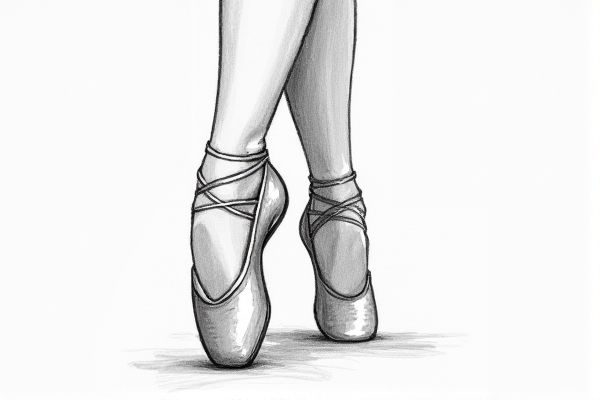
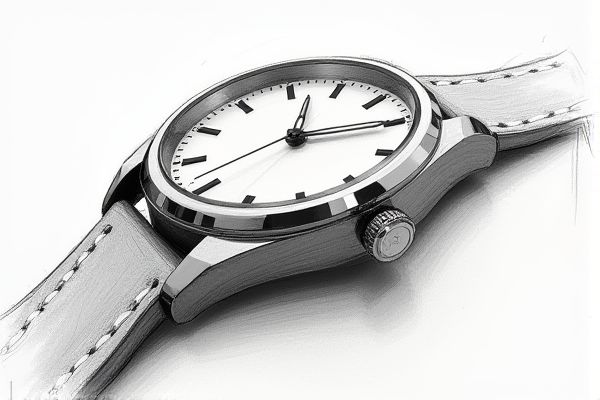
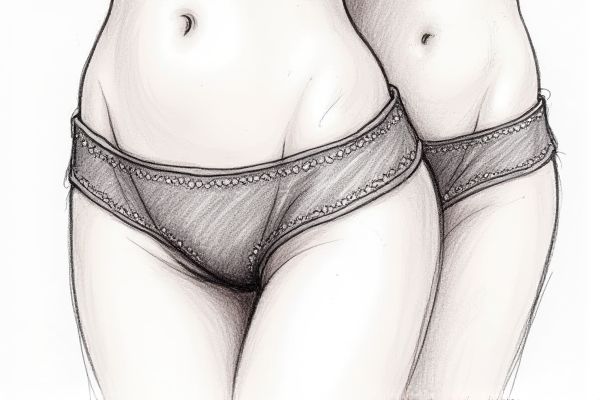
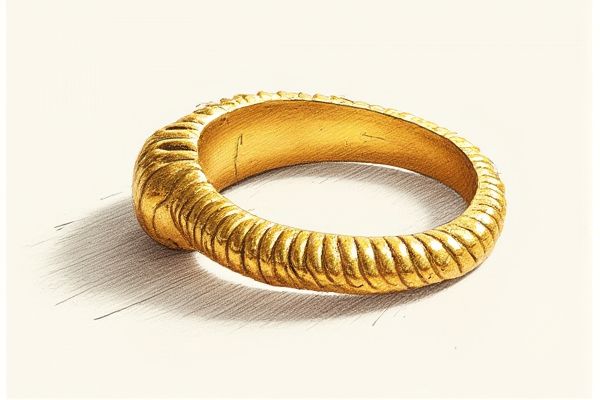
Leave a Reply
Your email address will not be published.